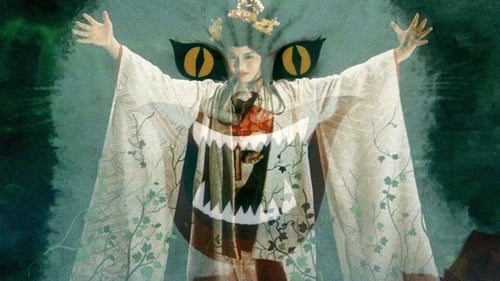
夏休みを利用しておばちゃまの羽臼屋敷を訪れる“オシャレ”と6人の友人。だがおばちゃまはすでにこの世の人ではなく、戦死した恋人への思いだけで存在し続ける生き霊だったのだ。そして若返るためには少女を食べなければならない。ピアノや時計が少女たちを次々に襲い、羽臼屋敷は人喰い屋敷と化した……。

1950年。第二次世界大戦の終結による満州国の崩壊と国共内戦の終結により、共産主義国である中華人民共和国の一都市となったハルビン駅の構内。5年間にわたるソビエト連邦での抑留を解かれ、中華人民共和国に送還された「戦犯」達がごった返す中で、列から外れた1人の男が洗面所で自殺を試みる。男は監視人の手により一命を取り留めるものの、薄れ行く意識の中で幼い日々の頃を思い出していた。この男こそ清朝最後の皇帝にして満州国の皇帝、「ラスト・エンペラー」と呼ばれた愛新覚羅溥儀その人であった。
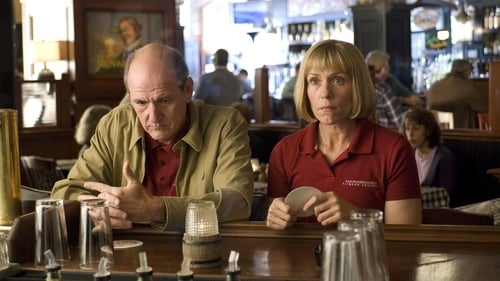
フィットネス・クラブで働くチャドが、CIAの機密が書き込まれたCD-Rを拾う。チャドはそれを利用し一攫千金を狙うが、落とし主とその妻らを巻き込む不運の連鎖によって、国家を揺るがす騒動にまで発展する。コーエン兄弟によるクライム・コメディ。
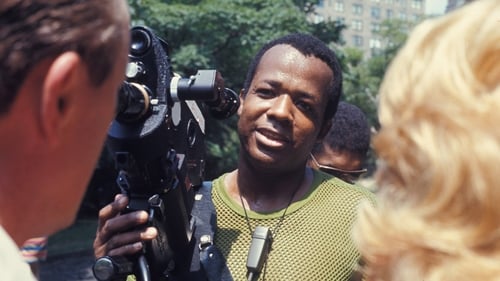
In Manhattan's Central Park, a film crew directed by William Greaves is shooting a screen test with various pairs of actors. It's a confrontation between a couple: he demands to know what's wrong, she challenges his sexual orientation. Cameras shoot the exchange, and another camera records Greaves and his crew. Sometimes we watch the crew discussing this scene, its language, and the process of making a movie. Is there such a thing as natural language? Are all things related to sex? The camera records distractions - a woman rides horseback past them; a garrulous homeless vet who sleeps in the park chats them up. What's the nature of making a movie?

In his excellent Someone Likes Yoghurt, Herrring shares with us his world of gonorrhoea-transmiting magpies, his attempts to become successor to Pope John Paul II, and his local supermarket's utterly humiliating new checkout service: the grocery interrogation.
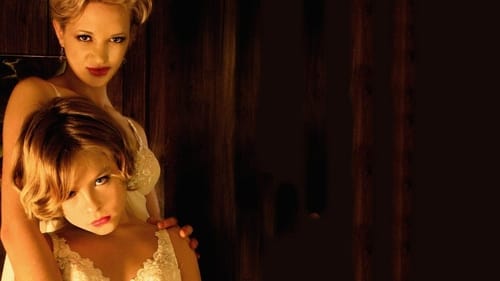
Young Jeremiah lives in a stable environment with loving foster parents until the day his troubled mother, Sarah, returns to claim him. Jeremiah becomes swept up in his mother's dangerous world of drugs, seedy hotels, strip joints and revolving lovers. Salvation comes in the form of the boy's ultrareligious grandparents, but soon Jeremiah's mother returns. Maternal love binds the pair together on the road until Sarah's desperate and depraved lifestyle finally consumes her.
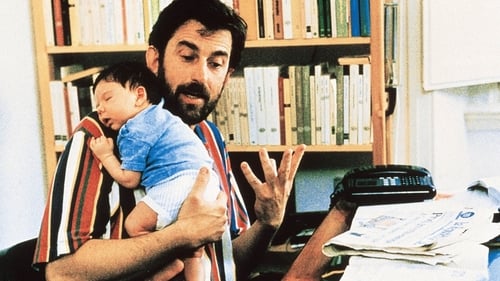
Nanni Moretti takes another look at the ebbs and flows of his life in April 1996, as he becomes a father for the first time and seems unable to focus on his documentary about the upcoming national elections.
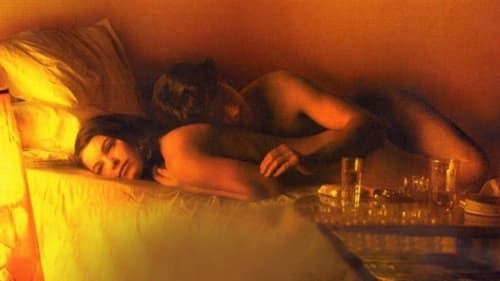
Joaquín Góñez, a novelist in his sixties recalls his emotions, his wild years in Buenos Aires, the memories of old friends, the meaning of loyalty and the intimate relationship with his mother, Roma.
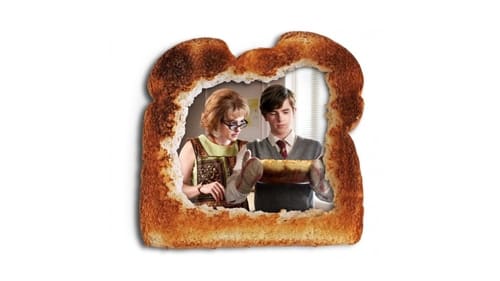
An adaptation of celebrity chef Nigel Slater's bestselling memoir, 'Toast' is the ultimate nostalgic trip through everything edible in 1960's Britain. Nigel's mother was always a poor cook, but her chronic asthma and addiction to all things canned does not help.
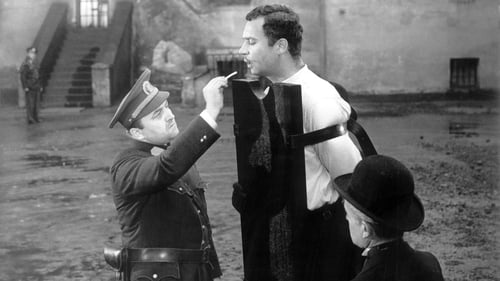
A dark comedy about a murder and its consequences presented in a backwards manner, where death is actually a rebirth. The film starts with an "execution" of the main protagonist and goes back to explore his previous actions and motivations.

Kahlil Gibran remembers his days as a young poet and artist in Lebanon, and of the young woman (Salma) who ignited his passions.
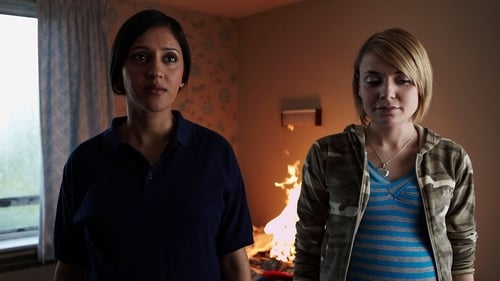
Portrayal of the late Bradford playwright Andrea Dunbar. Andrea Dunbar wrote honestly and unflinchingly about her upbringing on the notorious Buttershaw Estate in Bradford and was described as ‘a genius straight from the slums.’ When she died tragically at the age of 29 in 1990, Lorraine was just ten years old. The Arbor revisits the Buttershaw Estate where Dunbar grew up, thirty years on from her original play, telling the powerful true story of the playwright and her daughter Lorraine. Also aged 29, Lorraine had become ostracised from her mother’s family and was in prison undergoing rehab. Re-introduced to her mother’s plays and letters, the film follows Lorraine’s personal journey as she reflects on her own life and begins to understand the struggles her mother faced.
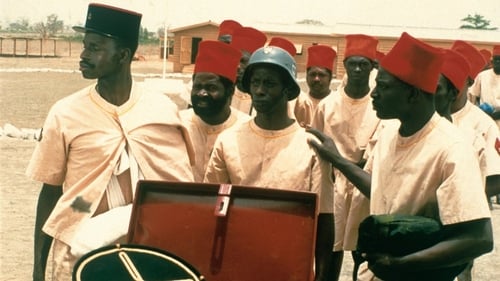
A Senegalese platoon of soldiers from the French Free Army are returned from combat in France and held for a temporary time in a military encampment with barbed wire fences and guard towers in the desert. Among their numbers are Sergeant Diatta, the charismatic leader of the troop who was educated in Paris and has a French wife and child, and Pays, a Senegalese soldier left in a state of shock from the war and concentration camps and who can only speak in guttural screams and grunts.
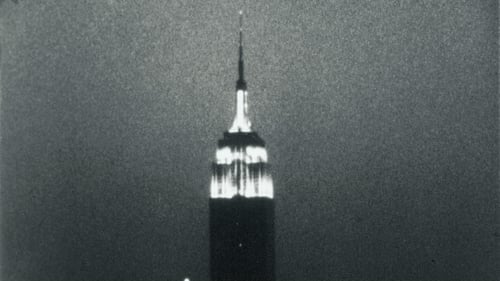
Experimental film consisting of a single static shot of the Empire State Building from early evening until nearly 3 am the next day.
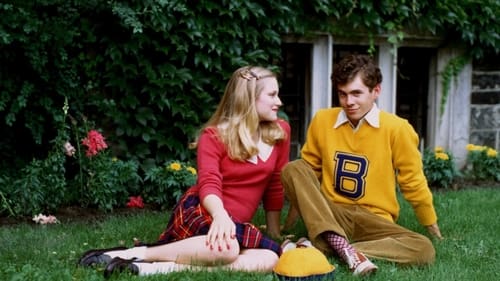
Sequel to "Summer of '42" reunites Hermie, Oscy and Benjie as they graduate from high school. Benjie departs shortly to war while Hermie and Oscy go on to college and experience fraternity hazings, cheating on exams, sex scandals and other unsavory college activities. Hermie grows apart from his childhood friend Oscy and begins a relationship with Julie that allows him to settle down into maturity.
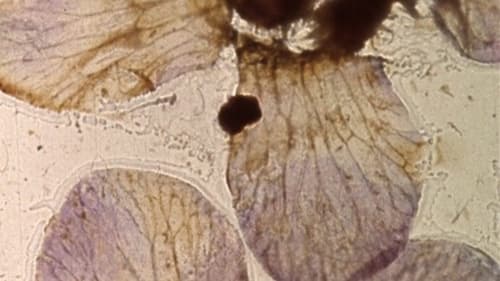
Seemingly at random, the wings and other bits of moths and insects move rapidly across the screen. Most are brown or sepia; up close, we can see patterns within wings, similar to the veins in a leaf. Sometimes the images look like paper cutouts, like Matisse. Green objects occasionally appear. Most wings are translucent. The technique makes them appear to be stuck directly to the film.
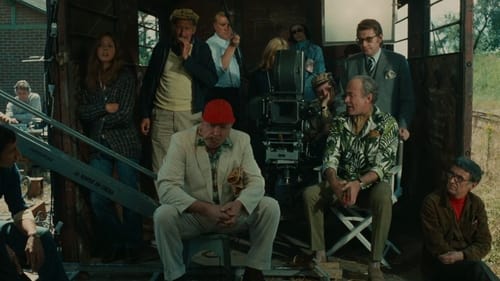
Claude Berri plays himself as he relates his own experiences through youth and adolescence. His father owns a profitable fur shop. Initially, Claude's father hopes his son will take over the fur shop, but he later gives in to Claude's desire to become involved in filmmaking.
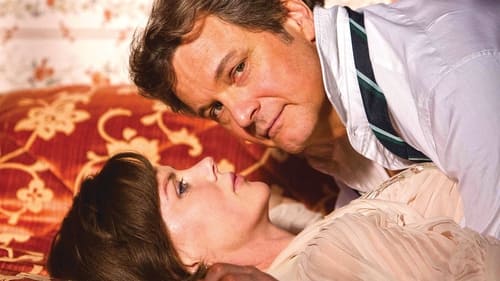
第2次世界大戦中に日本軍の捕虜となったエリックは、タイとビルマ間を走る泰緬鉄道建設のための強制労働に就かされる。彼は過酷な戦争体験に苦しみながらも、妻パトリシアと一緒に穏やかな日々を送ろうとしていた。そんなある日、エリックは当時施設にいた日本人通訳の永瀬が生存していると知る。
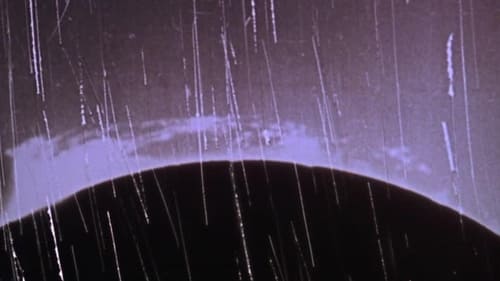
A creation myth realized in light, patterns, images superimposed, rapid cutting, and silence. A black screen, then streaks of light, then an explosion of color and squiggles and happenstance. Next, images of small circles emerge then of the Sun. Images of our Earth appear, woods, a part of a body, a nude woman perhaps giving birth. Imagery evokes movement across time. Part of the Dog Star Man series of experimental films.

Via the New York Times: "...a severely obscure meditation on pre-revolutionary Russia in the form of an encounter between a ghost from the past and the ghost's present-day guardian. In fact, the two characters seem to be the shade of Anton Chekhov and the young man who tends a Chekhov museum in the Crimea, though that is never made explicit."



















